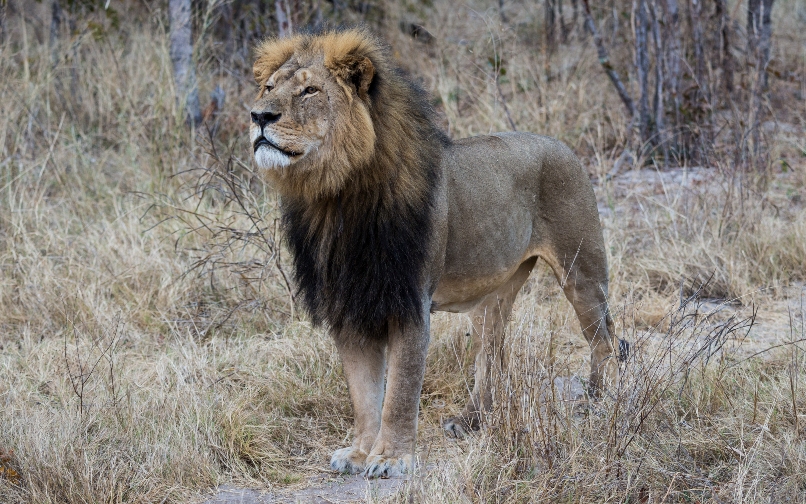Podcast: Play in new window
BOB HIRSHON (host):

Human superpredators. I’m Bob Hirshon and this is Science Update.
By becoming expert predators, our species increased in population and spread across the globe. But the prey we target look very different from that of non-human predators, according to a new study in the journal Science. And that’s a problem, contends University of Victoria ecologist Chris Darimont, who led the study.
CHRIS DARIMONT (University of Victoria):
So what popped out for us was humanity’s really unique behavior in turning large carnivores into prey. The rate was about nine times higher than the rate at which large carnivores kill one another.
HIRSHON:
Darimont says taking out large carnivores disrupts the food web. His team also found that unlike wild predators, humans target adults rather than juveniles. By killing off the largest in a population, we leave the smallest to reproduce, changing the course of evolution. I’m Bob Hirshon, for AAAS, the science society.
